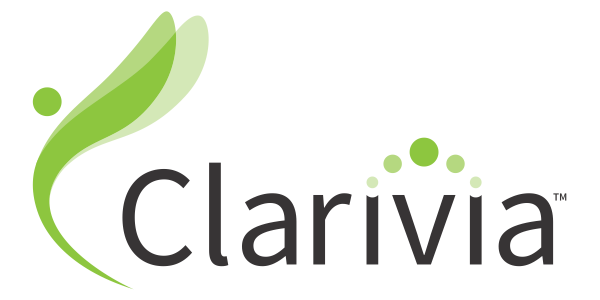To effectively communicate, we must realize that we are all different in the way we perceive the world and use this understanding as a guide to our communication with others.
— Tony Robbins
You’ve just received yet another Clarifax from the regulator asking for still more data to be rounded up and sent in. You scan the page for the (super short) deadline and your stomach muscles immediately tighten up. When will they have enough to just move forward, you wonder, a little exasperated.
Of course, the information requested is not readily available, so you’ll have to round up all your colleagues from different departments—many of whom aren’t even in your building while some work out of your head office, several time zones away. Once again, you will have to ask them to drop everything for you and your latest emergency.
This scenario requires some very skilful communications and some seriously well-constructed arguments to convince people both internally and externally of the importance of meeting this deadline. And all because some faceless regulator in Ottawa seems to think they can just snap their fingers and you’ll jump.
So, how are you going to pull this off?
Here is some news that you might find interesting, even entertaining: Regulators are people, too. They really are. And relationships can be built just as easily with them as with “regular” people—you know, friends and colleagues.
For starters, to do this, you should stop thinking of the regulator as being “on the other side” and approach it, understanding that they have a critically important role to play,
And don’t forget, she may be just as afraid of you—perhaps to her, you represent “Big Pharma.”
Effective communication is key to any relationship. Why not build one here? The fact is, you are both regular people. While you may have different jobs, you are certainly on the same side. You both want patients to get access to the best and safest medication as quickly as possible.
If you work in a large organization, your lines of communication are likely mostly internal. You talk to your colleagues, your supervisor, your branch offices, your head office and maybe even your suppliers. But it’s relatively easy as you all speak the same language, so to speak. The cultures and issues are similar as is the language (including jargon).
If you are in a highly-regulated industry and must communicate with regulators, though, it’s a different story. Even though you may share the same issues and (sort of) speak the same language, the connection just isn’t there. Sometimes it feels like they are from a different country.
If you were going to do business with someone from another country, you might take the time to learn about the culture, the customs and their preferred ways of doing business. You would do extensive research and maybe even take a course or two. All this work would allow you to fit in, connect and enjoy success.
When dealing with a regulator, however, that just isn’t possible. The telephone rings and you take your chances, as they say.
Despite the position they hold, as I stated earlier, they are human, just like you and me. They respond the same way we do if they feel connected and involved. To be effective in that arena, there are skills you can learn. And the good news is that these skills will help you in all your relationships.
These soft skills are the foundation of any good communicator, but they become even more important in this context.
These skills don’t happen by accident. They take some work and require practice.
- Self-awareness and control — Before you can understand how others function, you need to understand yourself. Where you are coming from? What is your background and how does that affect your own communication? How do you think? Once you know where you come from, it’s easier to understand others.
- Listening skills — There are several levels of listening. (If you have teenagers, you know exactly what I mean!) If you can listen beyond the words, to the silence, the tone of voice, the changes in timbre and rhythm, and recognize all the non-verbal queues, you are a top listener. Want to get even better? Read my blog post from March 14, 2017, called The FIVE characteristics of powerful questions. Questions can take understanding to a whole new level.
- Empathy — This is your ability to put yourself in someone else’s shoes. Before I meet with someone, I find it very useful to try to imagine what I would do if I were this person. It often surprises me what I come up with. This isn’t magic. Our brains come with the power of imagination and, thus, empathy. Some people are born with this skill, but even if you are not, it can be developed.
These are relationship-building skills and, once they are all put together, you will have a better understanding of both yourself and the other person.
The human factor cannot be neglected in any relationship. You bring your baggage and so do they, but if you are aware of that baggage, you can effectively communicate with anyone. Even a regulator.
Sometimes, shifting your point of view ever so slightly, can make a dramatic difference and give you that edge you were missing. It’s your attitude, and the way you look at the situation that can dictate how it will unfold. Again, you can’t change what is happening to you, but you can change how you react to it. You are the master of both your life, both professionally and privately. Today’s decisions will determine who you are tomorrow. And by improving your soft skills you can go from being a great employee to the one with a unique value proposition.

